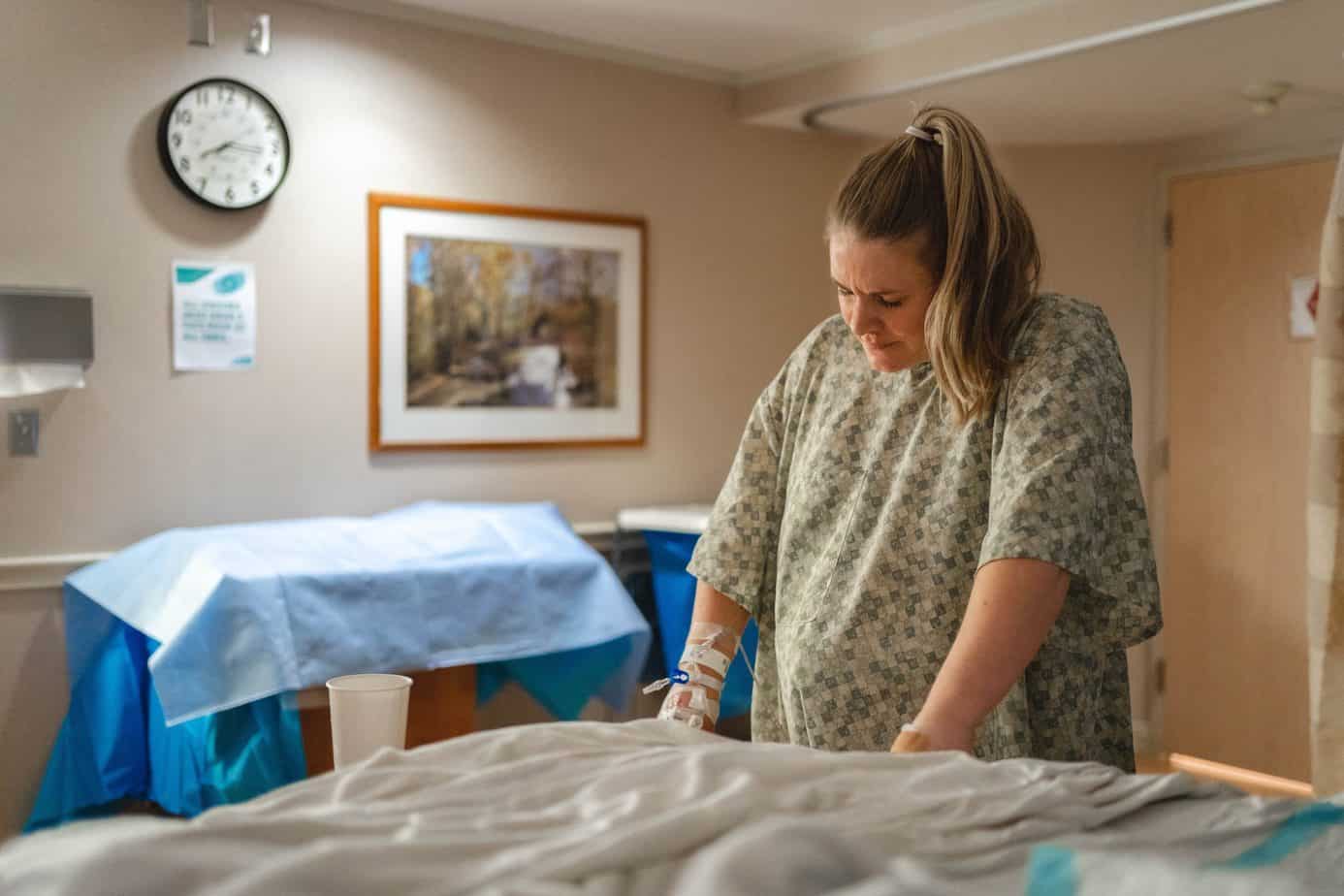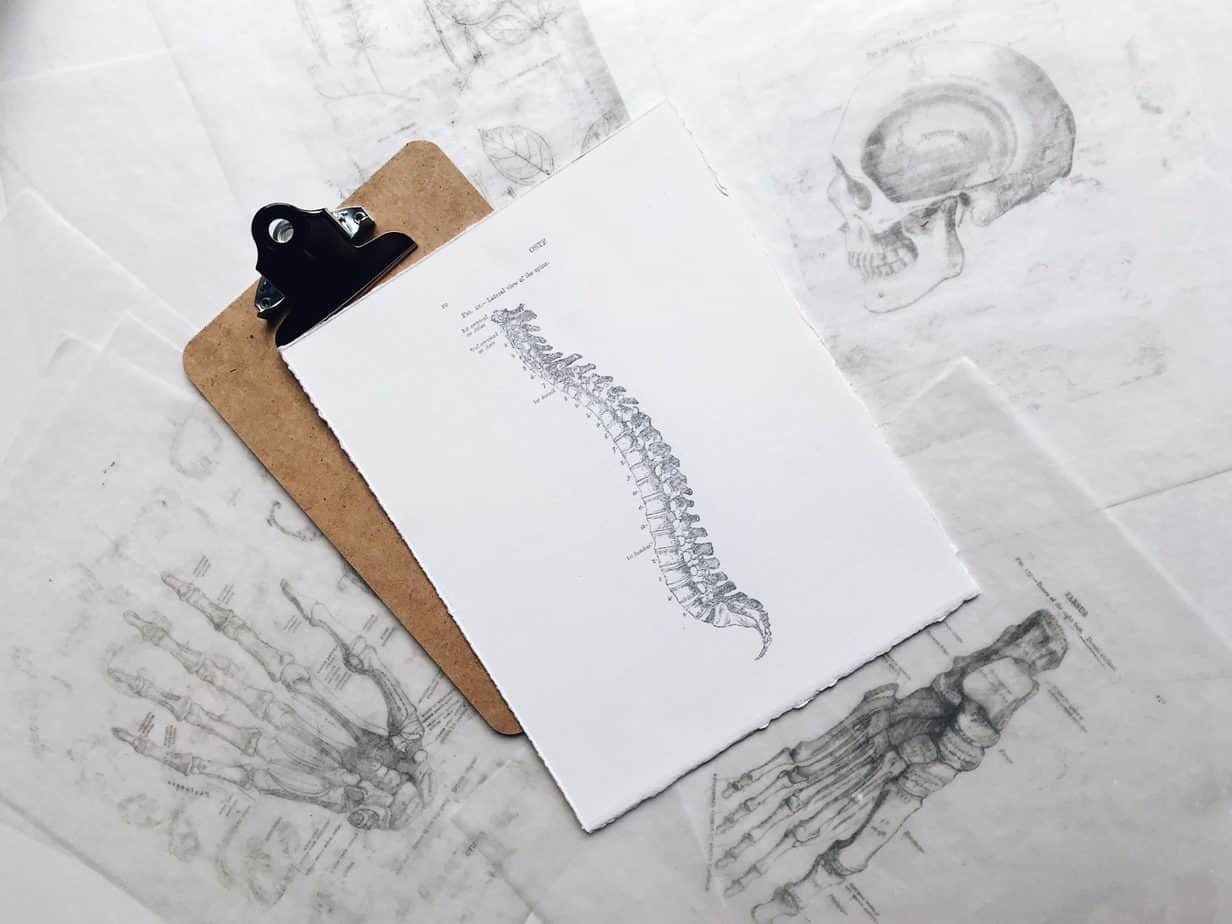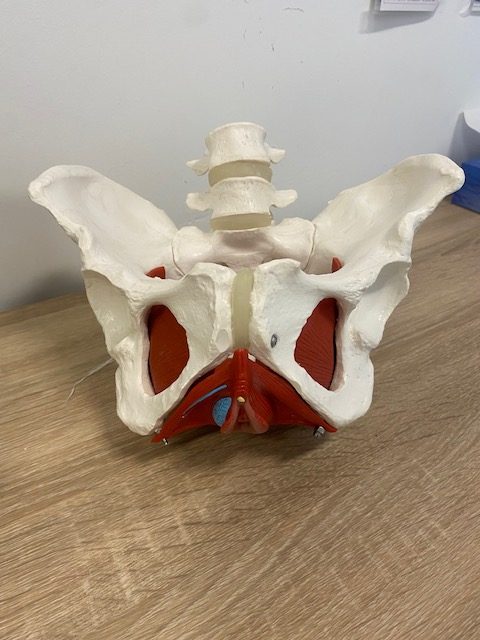Improving Infertility Awareness

Infertility is a deeply personal and often misunderstood journey that affects millions of individuals and couples worldwide. While infertility can have various causes, including hormonal imbalances, structural abnormalities, and genetic factors, its impact extends far beyond the physical realm, touching upon emotional, psychological, and social aspects of individuals’ lives.
The Role of Pelvic Health Physical Therapists
From the perspective of pelvic health physical therapy, infertility awareness is important as there are several interventions available to improve physical factors involved. Pelvic health physical therapists specialize in addressing the musculoskeletal and neuromuscular components of pelvic dysfunction, which can contribute to infertility in both men and women. Pelvic floor dysfunction, for example, can disrupt reproductive function by affecting pelvic organ support, blood flow, and nerve function. By addressing pelvic floor dysfunction through targeted interventions such as manual therapy, therapeutic exercises, and biofeedback, pelvic health physical therapists play a vital role in optimizing pelvic health and supporting fertility.
It’s More Than Just Physical Factors Involved
Moreover, pelvic health physical therapists recognize the importance of holistic care in addressing infertility. They collaborate with other healthcare providers, including reproductive endocrinologists, urologists, and mental health professionals, to provide comprehensive care tailored to each individual’s needs. By addressing not only the physical aspects of infertility but also the emotional and psychological impact, pelvic health physical therapists strive to support individuals and couples on their journey to parenthood.
By raising awareness about the prevalence of infertility, promoting access to fertility care, and fostering open and supportive dialogue, we can create a more compassionate and inclusive society where individuals facing infertility feel seen, heard, and supported. Together, we can break down barriers, challenge stigma, and empower individuals to seek the care and support they need to build their families.






